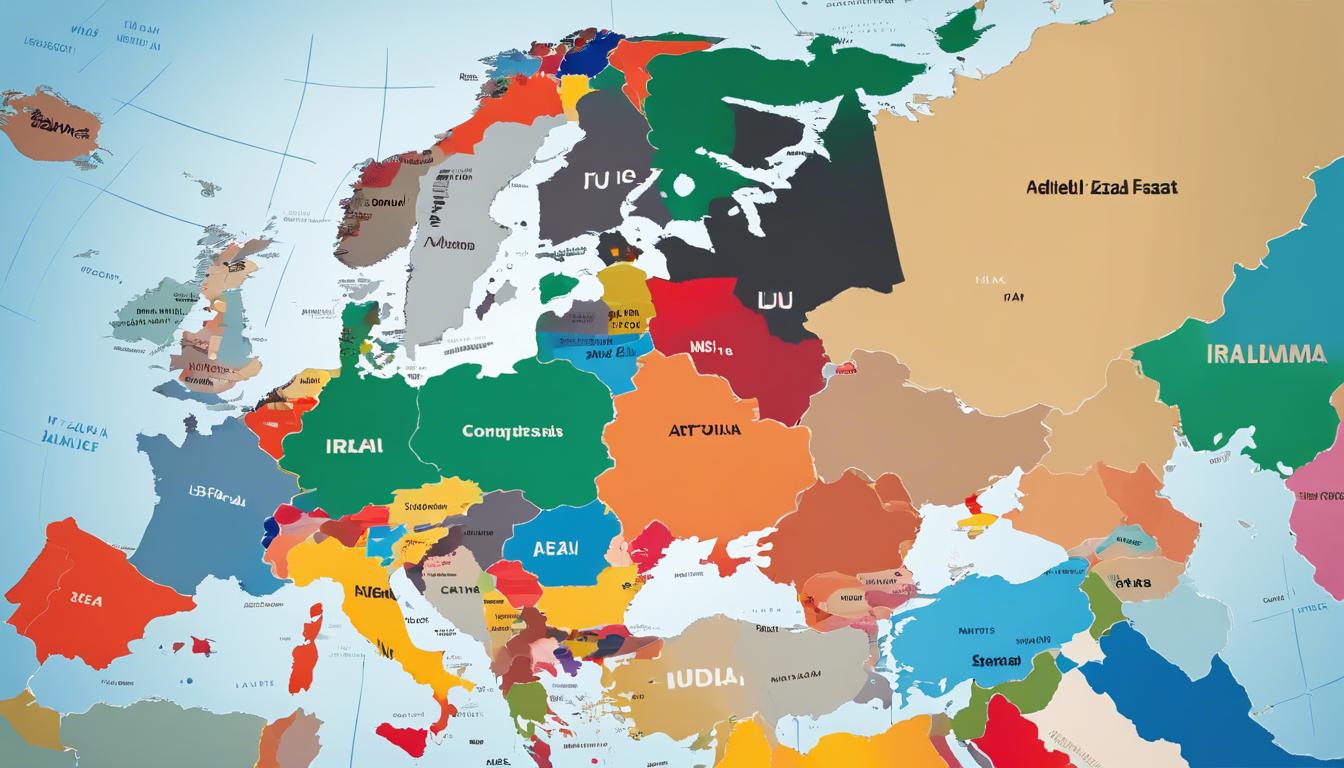Israeli Prime Minister Benjamin Netanyahu remains resolute in carrying out a contentious offensive in Gaza, drawing criticism from allies and international leaders amid a dire humanitarian situation.
Israeli Prime Minister Benjamin Netanyahu has reaffirmed his commitment to proceed with a planned offensive in Rafah, Gaza, despite mounting international concerns and criticism from allies. This decision comes in response to a Hamas attack on Israel earlier in October, with Netanyahu emphasizing the operation’s aim to eliminate Hamas and secure Israel’s safety. Plans include evacuating Gaza’s civilians to “humanitarian islands” within the area. Critics, including German Chancellor Olaf Scholz and US President Joe Biden, have warned of catastrophic consequences and have called for the resumption of ceasefire talks amid the escalating civilian casualties and aid shortages in Gaza.
Simultaneously, Irish Taoiseach Leo Varadkar has voiced opposition to the US supplying arms to Israel, stressing the necessity of a ceasefire and the importance of non-military support for Ukraine. Varadkar’s discussions with President Biden also encompassed broader issues like trade relations and shared traditions, albeit against the backdrop of ongoing tensions in Gaza and Ukraine.
Chancellor Scholz, who has expressed concerns over the potential regional ramifications of an Israeli offensive on Rafah, is advocating for diplomatic efforts towards a lasting ceasefire and increased aid deliveries to the conflict-stricken Gaza. Scholz’s warnings come amidst reports of severe shortages of medical supplies and food due to the conflict.
As Netanyahu faces backlash, even from within the ranks of Western allies, over Israel’s strategy in Gaza and the potential for exacerbating the humanitarian crisis, his administration is weighing options, including a temporary ceasefire in exchange for humanitarian relief and prisoner releases. Despite the criticism and calls for restraint from figures like US Senator Chuck Schumer, Netanyahu stands firm on Israel’s defense strategy against Hamas, underscoring a determination to continue the military operation until its objectives are met.













